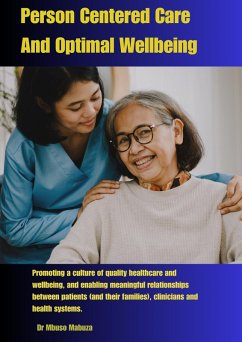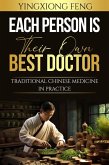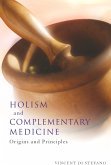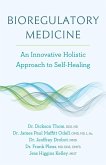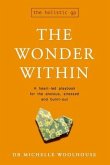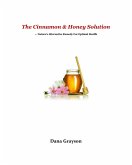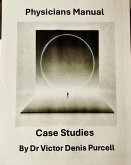Countless occasions over the last few years have reminded me again and again that there is much more to health than vital signs, laboratory tests, or medications.
As physicians, we need to remove administrative obstacles and allow our patients' wish to take an active role in their own care. Navigating between an individual's need to fight a life-threatening illness and the desire to remain intellectually acute is one of medicine's greatest challenges. Bedridden as our patients may be, some reveal a zest for life. They are compelled by something much deeper than the pursuit of the perfect physical condition, which many of us erroneously equate with health. They operate out of courage and that indefatigable need to persevere to fulfil one's purpose no matter what the challenge.
Truly, to grasp the deepest meaning of health, it is necessary to broaden its definition beyond the physical. Optimal health requires an integration of physical, mental, spiritual, social and environmental wellbeing.
Consistent with the personalisation agenda, health and social care services give people control over, and responsibility for their own health and wellbeing working in partnership with health and social care professionals. They put people at the centre of the planning process, and recognise that they are best placed to understand their own needs and how to meet them.
In recent years there has been a return to natural remedies, putting to the test the ancient curative traditions. Many have received the backing of science. Today, although there is evidence of the usefulness of natural remedies, people continue to search for confirmation, and we will share the most relevant of these findings.
There is growing recognition about the linkages between working conditions, health, and productivity. At industry and institutional level, the importance of health is often played down. It is increasingly important to gain a critical understanding of the psychological, social and organisational aspects of the dynamic relationship between work and health.
It is important for health policy to recognise the importance of self-care, especially where it intersects with health systems and health professionals. Given the potential to enhance health and wellbeing, self-care is an important component of people-centred care. A people-centred framing emphasises psychological, empowerment, and self-fulfilment needs, placing less emphasis on technical activities and instead looking at self-care in terms of capacities, building on a person's "health assets," both as a condition for and a product of the practice of self-care.
Health needs to be recognised as an ongoing process of self-discovery, manifesting as positive influence on the world around us. It is a means to living a successful and satisfying life. Individual efforts are necessary but insufficient for optimal health. We need to create approaches and systems in economics, environment, politics, and in the delivery of medical care that elicit and sustain individual strategies.
True quality of life is holistic. It is not possible to have a happy existence by only caring for one or two aspects of the human dimensions. All are part of the same fabric, and balanced health is only possible when all are cared for.
Dieser Download kann aus rechtlichen Gründen nur mit Rechnungsadresse in A, B, CY, CZ, D, DK, EW, E, FIN, F, GR, H, IRL, I, LT, L, LR, M, NL, PL, P, R, S, SLO, SK ausgeliefert werden.

